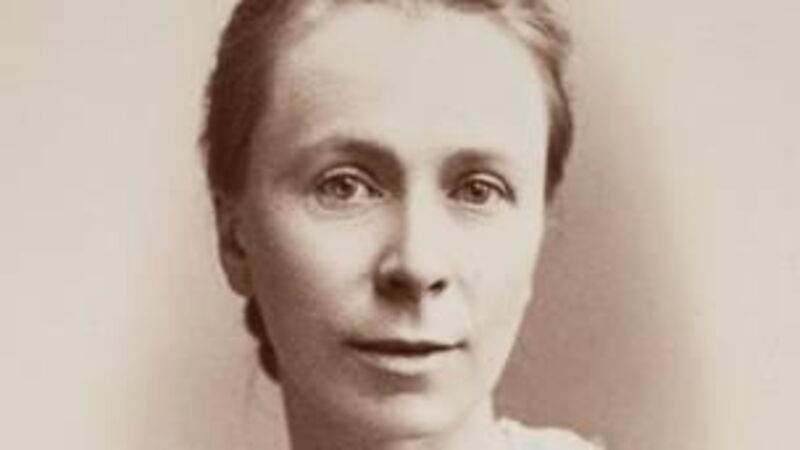Clodagh Finn: Centenary of Irish scholar's death in Alps sadly overlooked

Dr Sophie Bryant went on to be a noted mathematician, a social reformer, a suffragist, and educationalist.
Try from €1.50 / week
SUBSCRIBE
Dr Sophie Bryant went on to be a noted mathematician, a social reformer, a suffragist, and educationalist.
No wonder we missed it. In August 1922, the papers were reporting on the “greatest pageant of sorrow ever seen in Dublin” as Michael Collins — the “lion-hearted chieftain” — was laid to rest amid a “mighty spectacle of mourning”.
But on the very same day (August 29) and on the very same page (page 4) the Irish Independent carried another important, but overlooked story under the headline: “Dr Sophie Bryant: Body Reported Found”. It went on to report that the remains of Dr Bryant, the Dublin-born scholar, mathematician, and champion of outdoor pursuits, had been found in the Alps after a two-week search.
Already a subscriber? Sign in
You have reached your article limit.
Annual €130 €80
Best value
Monthly €12€6 / month
Introductory offers for new customers. Annual billed once for first year. Renews at €130. Monthly initial discount (first 3 months) billed monthly, then €12 a month. Ts&Cs apply.
CONNECT WITH US TODAY
Be the first to know the latest news and updates
Newsletter
Sign up to the best reads of the week from irishexaminer.com selected just for you.

Select your favourite newsletters and get the best of Irish Examiner delivered to your inbox
Monday, February 9, 2026 - 5:00 PM
Monday, February 9, 2026 - 5:00 PM
Monday, February 9, 2026 - 6:00 PM
© Examiner Echo Group Limited